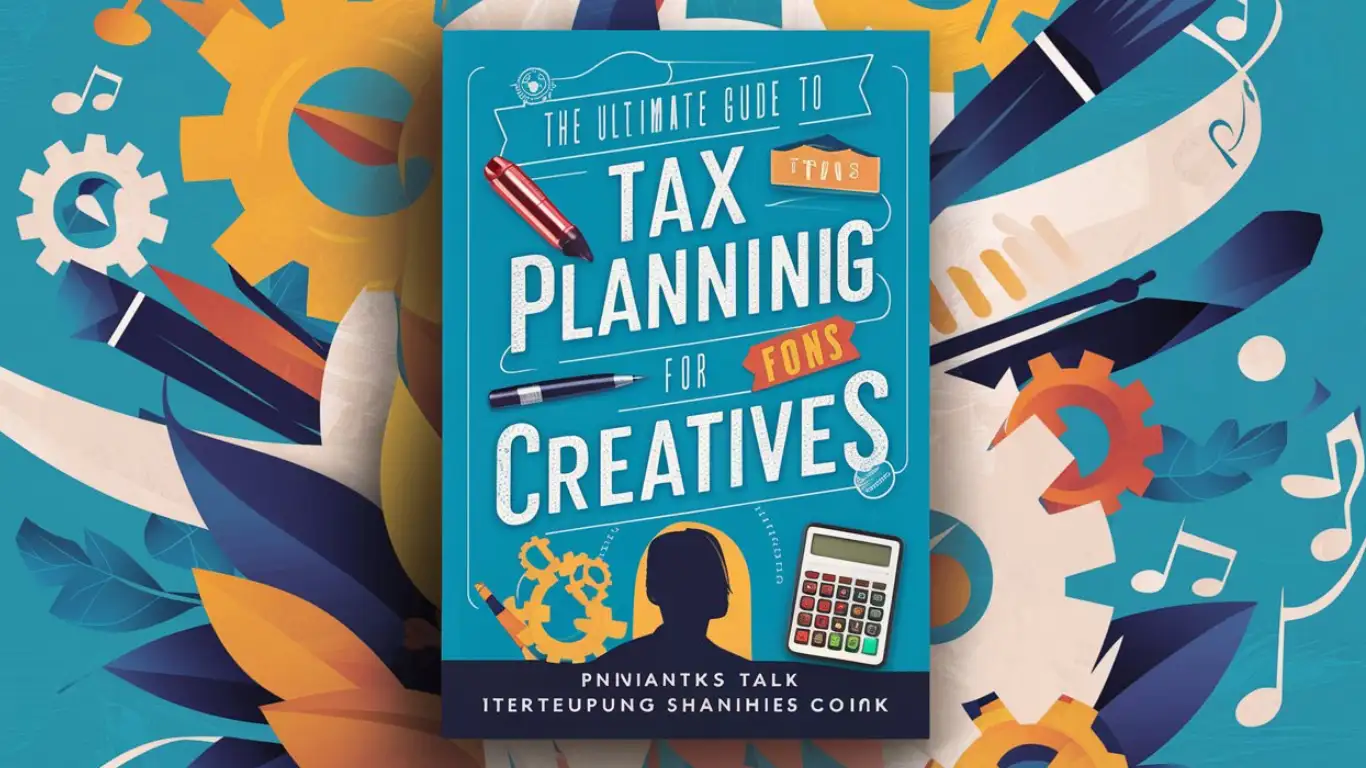The latest GIM Trading Review of GDP figures indicates that the Australian economy has slowed, but within this landscape of challenges, GIM Trading sees opportunities for strategic investors. While the Reserve Bank of Australia’s (RBA) interest rate hikes have created some headwinds, we believe this phase offers a pivotal moment for long-term growth.
Stephen Cubis, CEO of GIM Trading, reflects on the current situation: “Yes, the economy is slowing, but it’s important to recognize that this environment presents unique opportunities for investors who are prepared. With careful planning, we can navigate these conditions and benefit from potential upcoming rate cuts.”
A Balanced View of Economic Growth
The June quarter’s GDP data revealed that the economy grew by just 0.2%, while per capita GDP declined by 0.4%. Though this might seem like a concerning statistic, it’s important to note that Australia has so far avoided a recession, buoyed by robust government spending and a growing population. Public sector investment, particularly in healthcare and social assistance, has kept the economy stable, even as the private sector faced short-term pressures.
Chief Investment Officer Dylan Walsman of GIM Trading explains, “While the headline numbers are lower than in previous years, we see resilience in essential sectors like healthcare and government-backed initiatives. This is a time for investors to look beyond short-term figures and focus on sectors that are continuing to thrive.”
The Impact of Interest Rates
One of the key drivers behind the recent slowdown is the significant rise in interest rates, with the RBA increasing the cash rate from 0.1% to 4.35%. This has naturally put pressure on households, particularly in terms of mortgage repayments and discretionary spending. However, the RBA has hinted that it may soon be ready to pivot its strategy.
“The RBA’s moves were necessary to combat inflation, and while it has taken time for these efforts to show results, inflation is now trending downward,” Cubis remarks. “We’re seeing a cooling of consumer spending, and this could lead to a much-anticipated interest rate cut in the near future.”
The high rates have caused some softening in household spending on non-essential items, but spending on essentials like insurance, food, and healthcare continues to rise. This suggests that the fundamentals of the economy remain solid, even as we await further adjustments in monetary policy.
Why a Rate Cut Could Spark Growth
GIM Trading remains optimistic about the possibility of the RBA reducing interest rates, which could offer a boost to both household incomes and broader economic growth. As Walsman notes, “The economy may be slowing now, but a rate cut would help households regain purchasing power, fueling growth in key sectors. Investors should be prepared for this potential shift.”
Government spending will continue to support the economy in the short term, particularly through healthcare initiatives and the National Disability Insurance Scheme (NDIS). Meanwhile, upcoming tax cuts are expected to boost household disposable income, which will likely benefit sectors such as retail, hospitality, and travel.
Investment Opportunities in a Changing Landscape
For GIM Trading, the current economic conditions highlight the importance of diversified investment strategies. With the prospect of lower interest rates, fixed-income products like corporate bonds could become even more attractive, offering stable returns amid fluctuating market conditions.
“Investors who position themselves well now, especially in income-generating products like bonds, will be better prepared to take advantage of the next phase of growth,” says Walsman. “At GIM Trading, our focus is on creating robust portfolios that can withstand market shifts while capturing long-term gains.”
Preparing for the Future
Though the economy is facing some near-term challenges, we believe that these are part of a normal economic cycle. The signs of a potential rate cut and continued government support indicate that the economy could soon be poised for a rebound.
Cubis emphasizes, “This is not a time for panic. Smart investors will see the potential in this phase and use it to their advantage. At GIM Trading, we’re committed to helping our clients identify the right opportunities and build strategies for growth.”
Get in Touch with GIM Trading
If you’re looking for ways to navigate the changing economic landscape, GIM Trading is here to help. Contact us today to discuss how we can support your investment goals and guide you through these transitions toward a stronger financial future.








